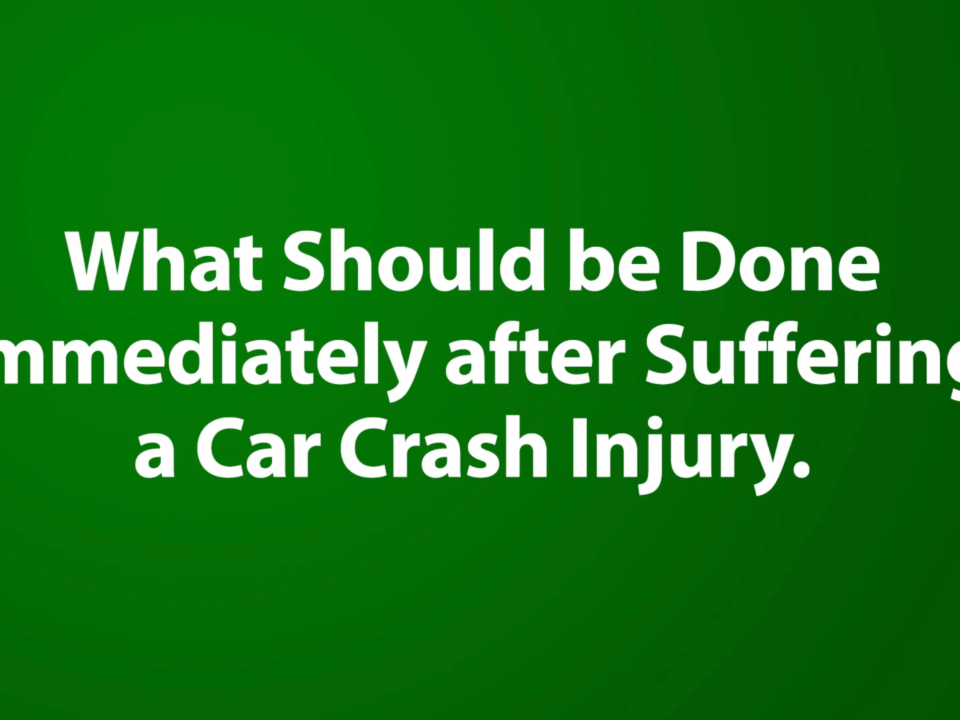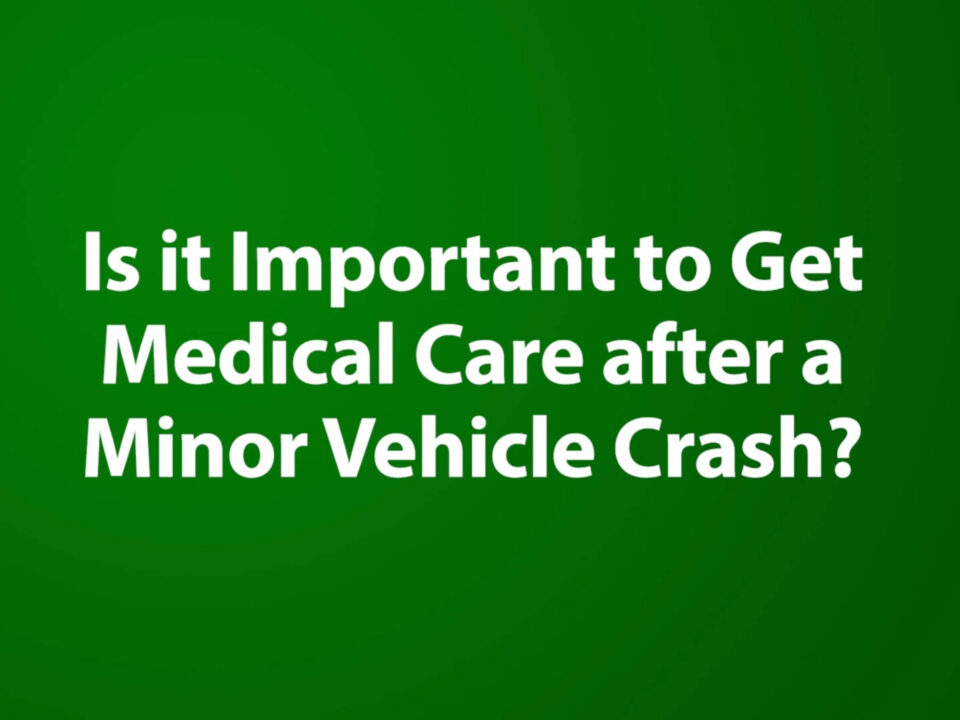
According to the rules of ordinary usage of the English language, accidents, strictly speaking, are no one’s fault in that no one intentionally causes them. In a court of law, however, it is necessary to assign a degree of fault for an accident, known as liability, to a person or entity in order to determine whose responsibility it is to compensate the person injured in the accident. In personal injury cases, liability is based on the concept of negligence, which means that the defendant did not do what is reasonable to prevent the accident from happening. The liable party in an accident might not always be who or what you think it is.
Examples of Liability in Personal Injury Cases
In some cases, determining liability is straightforward. For example, if someone assaults you, you can file a personal injury lawsuit against that person to seek damages to pay for the medical expenses related to your injuries. A court might hold the person liable and award damages to you, even if he or she was found not guilty of charges of assault in criminal court. In some cases, though, it might be more complicated. Consider the following examples.
- Premises liability: If you are injured when another car collides with yours in the parking garage of a mall, the other driver might not be liable. Rather, liability might rest with the company that owns the mall, on the grounds that the design of the parking garage made it difficult for the other driver to see your car even when he or she was being reasonably cautious.
- Product liability: If you get injured when a cot you are sleeping on at a friend’s house breaks, the liable party could be the cot manufacturer, not your friend.
- Third party liability: If you are injured in a car accident, and the other driver was drunk, you probably have a strong case against the drunk driver because driving drunk almost always constitutes negligence. You might also have a case against the bartender, though, or against the host of the house party where the driver had been drinking. Your car crash attorney might argue that the bartender or party host had a duty of care to stop the driver from driving, since the bartender or party host knew that the driver was too drunk to drive safely.
Contact O’Keeffe O’Brien Lyson Attorneys About Injury Cases
Our personal injury attorneys have experience representing plaintiffs injured in many kinds of accidents in North Dakota and Minnesota. If you have been injured and are thinking of filing a lawsuit to recover damages, the best personal injury attorney, such as Tim O’Keeffe, Tatum O’Brien, or Sara Monson can help you determine the party against which you have the strongest case. We can help figure out who is liable for the costs of your injuries and then help you recover damages. Contact O’Keeffe O’Brien Lyson Attorneys in Fargo, North Dakota or call 701-235-8000 or 877-235-8002 for a consultation.



